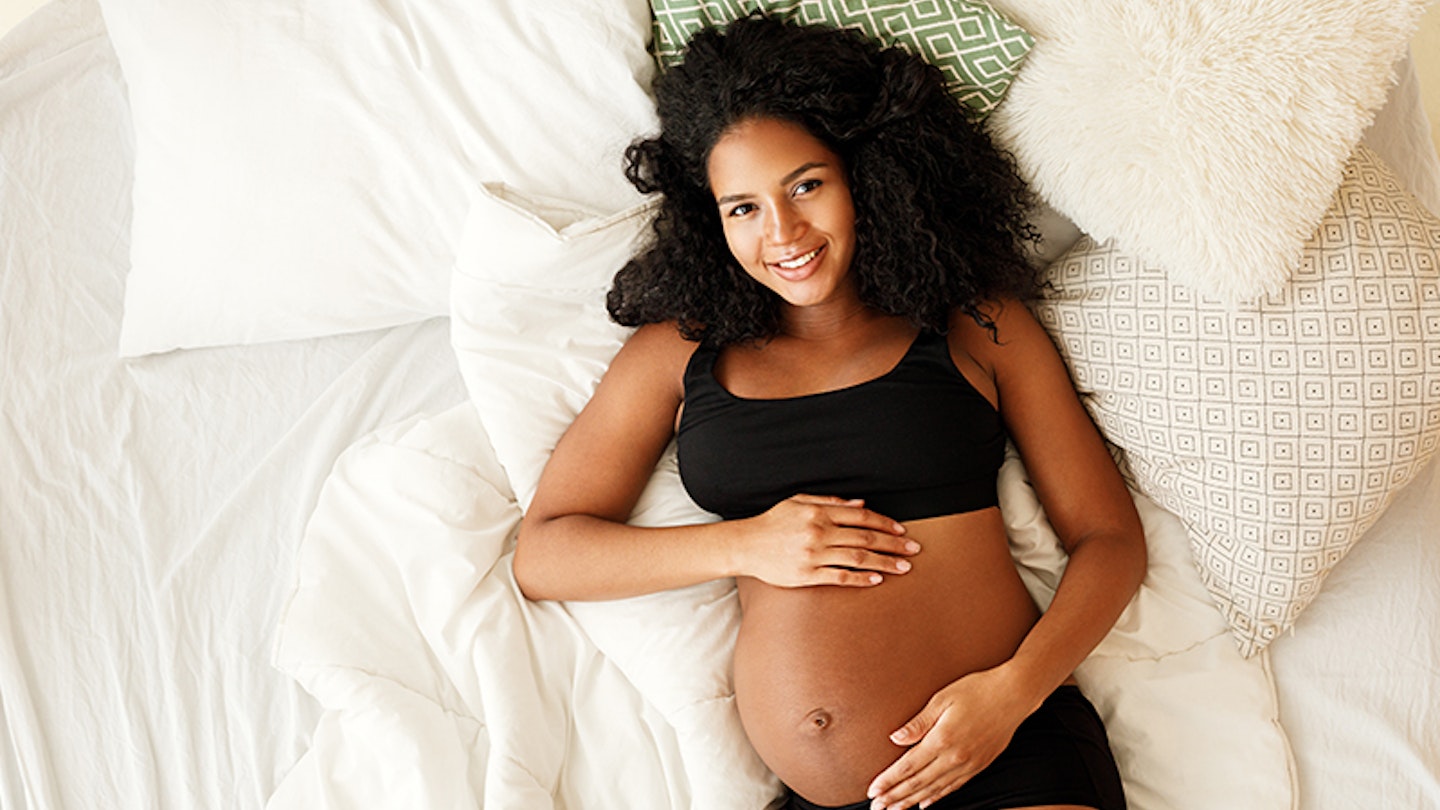From singing to painting, find out the best ways to bond with your bump and have the ultimate pregnancy experience...
When it comes to bonding with your baby, there’s no time like the present.
So, months before you clap eyes on your little bundle, here's how you can boost the bond between you!
How to bond with bump
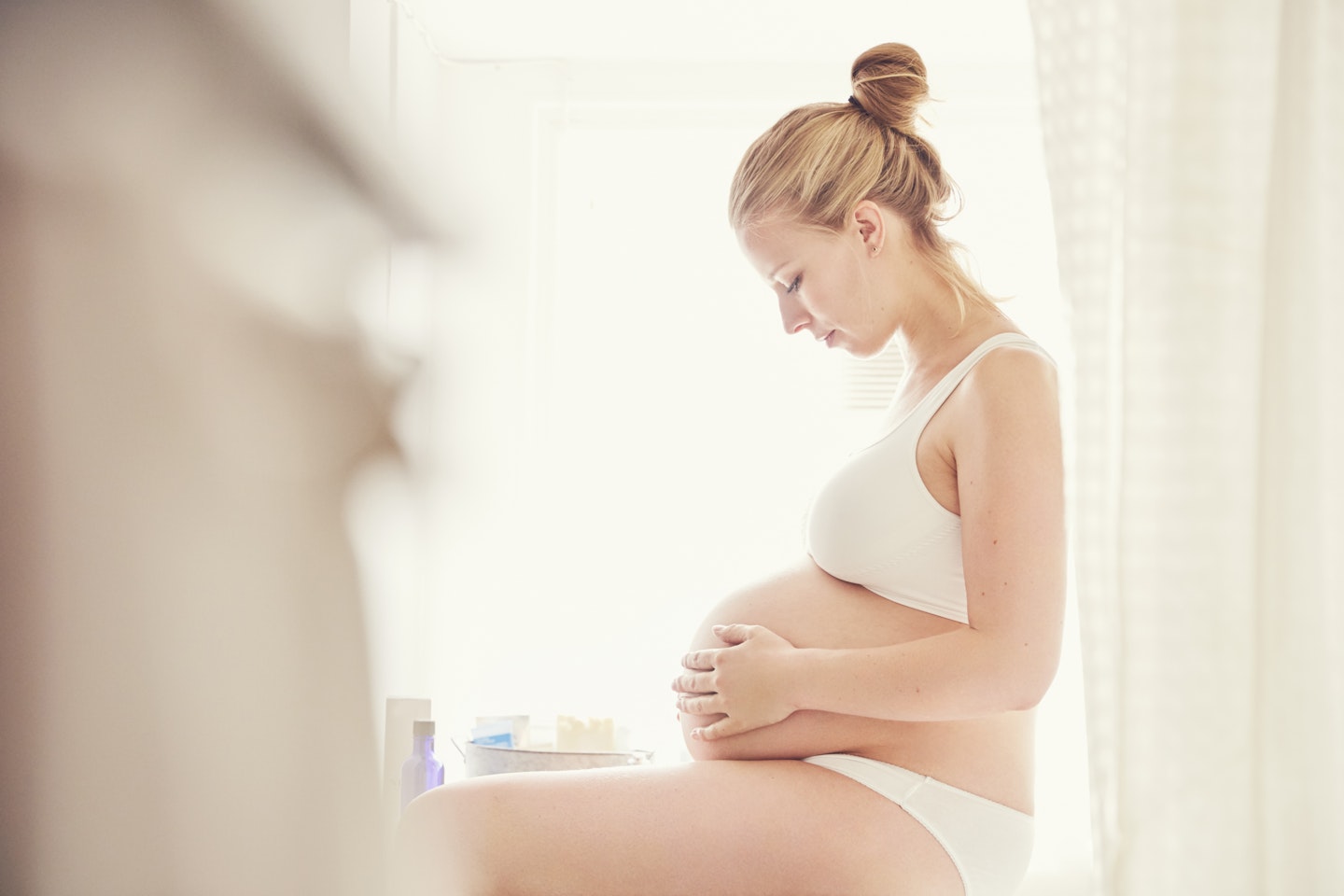 1 of 7
1 of 71) Tiny talk
From around 20 weeksyour baby will be able to hear your heartbeat clearly and start to recognise voices from the womb.
Plus, some research suggests your baby can recognise his mother’s voice, so regularly nattering away to him will boost bonding after birth. Why not curl up on the sofa in the afternoon with your fave book and read aloud to your bump?
 2 of 7
2 of 72) Sound of music
There’s nothing quite like music to soothe you, and it’s exactly the same for your little one – even in the womb.
Babies normally prefer music with a strong, regular beat as it reminds them of your heartbeat
Whether it’s you singing to your bump or dad playing his favourite CD on repeat your baby will start to recognise the different rhythms and noises.
Studies show that music also contributes to your baby’s foundation for language skills, so it’s the perfect excuse for putting your feet up and listening to your favourite tracks.
 3 of 7
3 of 73) Get physical
You probably can’t keep your hand off your bump whether it’s a protective hand resting on it or stroking at the end of the day.
But research has found that once your baby starts to feel your touch, from about 20 weeks, they are able to distinguish between their parents touch compared to that of a stranger. Cute!
Start communicating with your little one nice and early by rubbing your bump when he moves and build up a conversation of kicks and rubs between you.
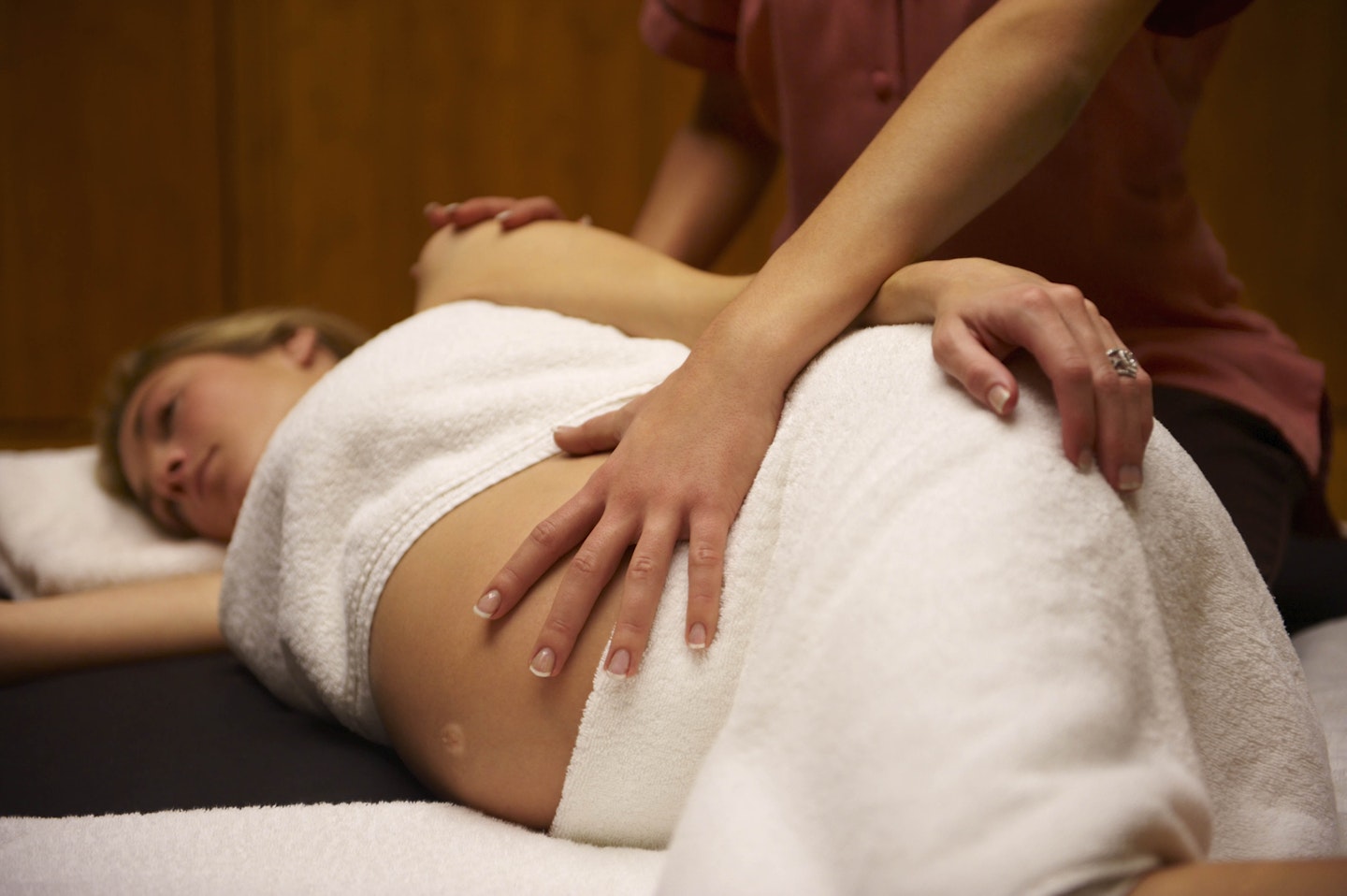 4 of 7
4 of 74) Massage
Massaging your bump from the start of your pregnancy is not only a great way to bond with your baby but to wind down and relax.
Oils like lavender, mandarin or rose are all safe to use and make for an indulgent and soothing massage – or get your partner to do it for an even more relaxing experience.
Read more: The top UK spas for pregnancy massage
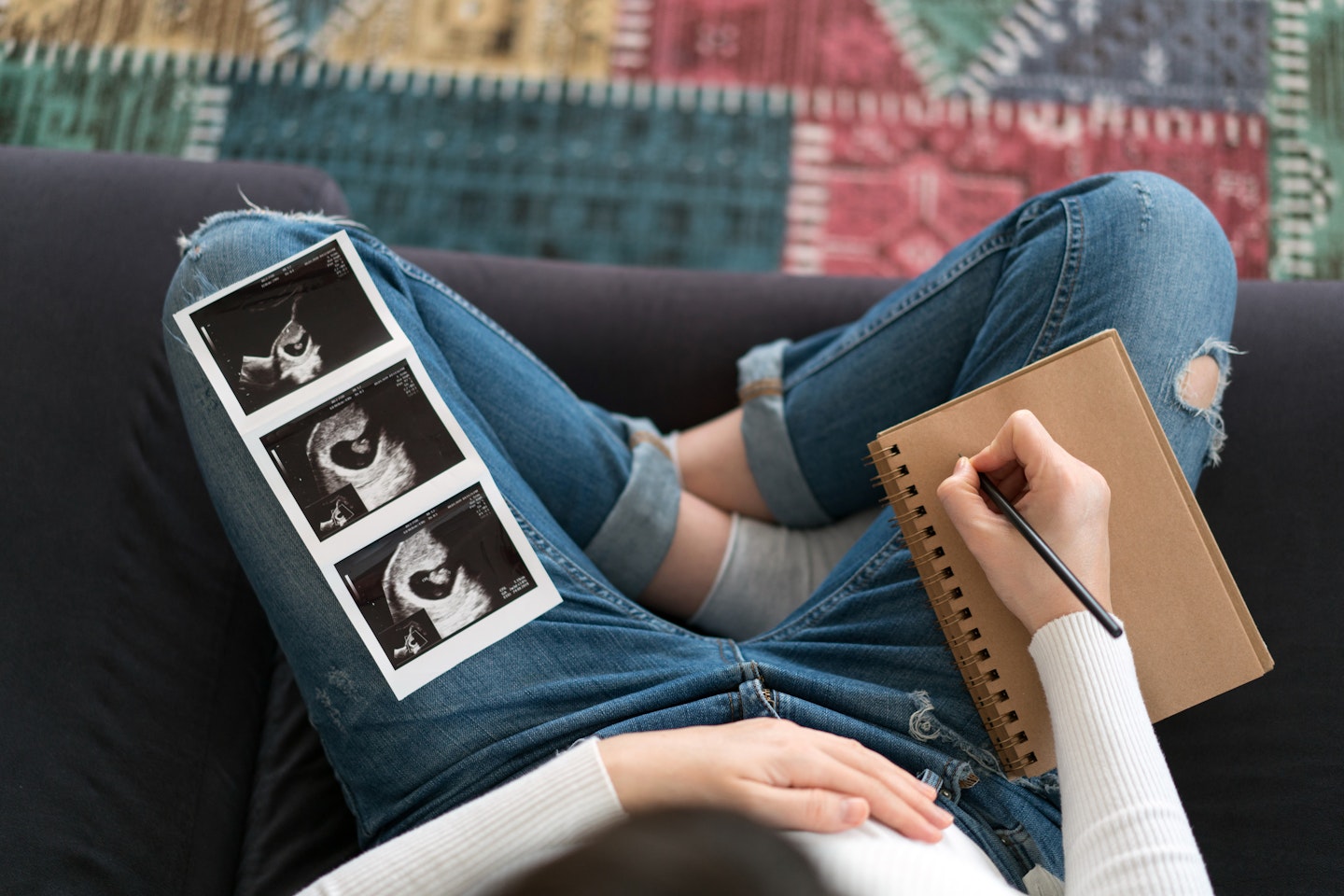 5 of 7
5 of 75) Snap happy
Demi Moore might have been the first, but she’s not the only one to capture her beautiful bump forever.
And, while you might not be on the cover of an international magazine, having your photograph taken during pregnancy can be an amazing way of remembering it as well as bonding with your new bump.
If posing isn’t your thing, why not keep a photograph of your baby’s first scanwith you? Keep it in your purse or on your desk at work so you can sneak a peek of your little one whenever you want.
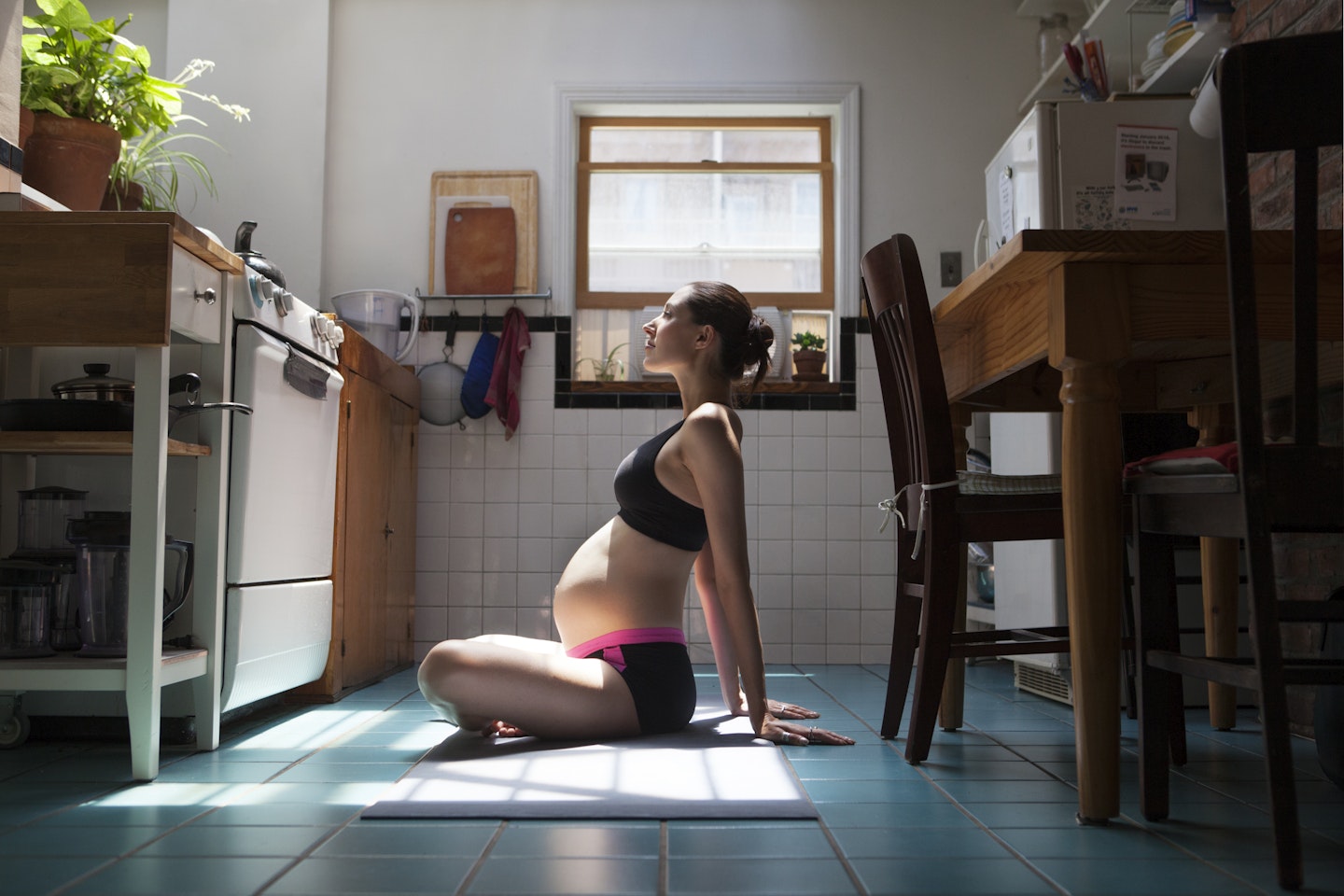 6 of 7
6 of 76) Move it
Exercises like yoga will keep you feeling fit and healthy during your pregnancy and can also have a positive, calming effect on your baby.
The movement of your body helps to rock him in the amniotic fluid and the endorphins released during exercise will pass across the placenta, too.
Read more: Everything you need to know about exercise during pregnancy
 7 of 7
7 of 77) A family affair
Even though babies build a biochemical bond with their mama before they leave the womb, bonding with your bump is something the whole family can get involved in. Well, you, your partner and any other little ones you have running around that is.
If you already have kids, encourage them to speak to your bump to get them excited about a new little brother or sister.
You could even give it a nickname, if you haven’t chosen a name yet, that only you know, which will make it even more exciting and special.
